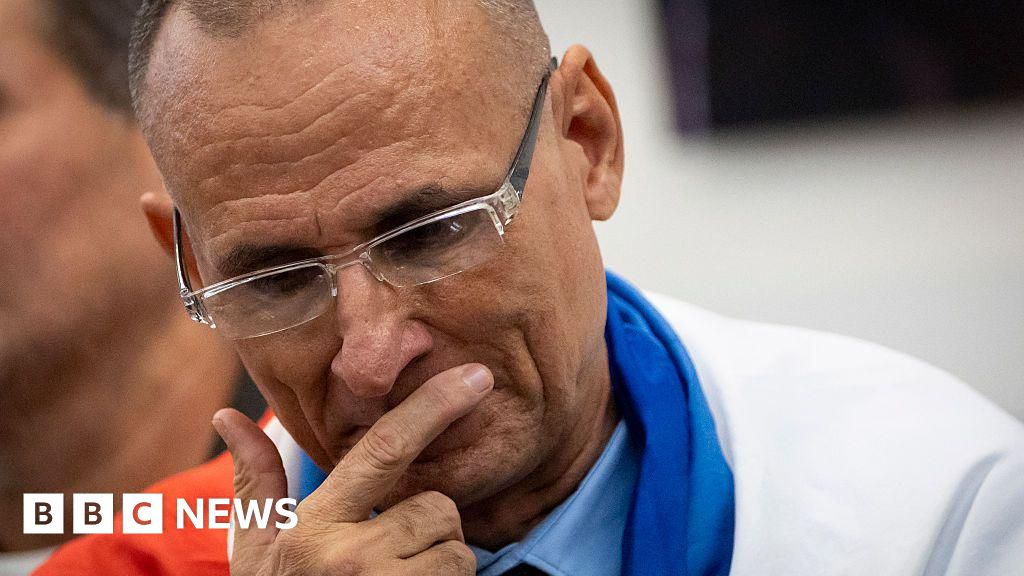The high-profile case first attracted international attention in 2018.
10:00, Tue, Sep 23, 2025 Updated: 10:12, Tue, Sep 23, 2025

Hakyung Lee stands in the dock at the High Court in Auckland, New Zealand, Monday, Sept. 8, 2025. (L (Image: AP)
A mother in New Zealand has been convicted of murdering her two children and hiding their bodies in suitcases, in a high-profile case that attracted international attention. Hakyung Lee, 45, admitted to killing her children, Yuna Jo and Minu Jo, aged eight and six, in June 2018, but had pleaded not guilty to two counts of murder on the grounds of insanity.
A New Zealand citizen originally from South Korea, Lee was extradited from Seoul in 2022 after her children's remains were discovered in suitcases at a storage unit in south Auckland. The children had been dead for three to four years before their bodies were found. Following the murders, Lee traveled to South Korea and changed her name.

Hakyung Lee showed no reaction as the jury at the Auckland High Court delivered their verdict (Image: AP)
While admitting that Lee had killed the children by giving them anti-depressant medication, her lawyers said the death of her husband had sent her into a depressive spiral. According to a forensic psychiatrist who testified for the defence about Lee's mental state, Lee had depression, suicidal thoughts and a belief that she was doing the morally right thing by killing her children.
But according to the prosecution, Lee knew what she was doing, describing her act as "deliberate". The prosecutor pointed to Lee's attempt to flee the country and conceal the bodies. She also pointed out that Lee had changed her name and cut ties with her life in New Zealand before returning to South Korea.
"Ms Lee deliberately, and in sound mind, deliberately murdered Minu and Yuna and the right verdict is guilty of murder,” prosecutor Natalie Walker said in her summary.
In his summary, Justice Geoffrey Venning told the prosecution: "It's natural to feel sympathy for the young children who were killed. It's also natural to feel someone should be held responsible for their deaths. On the other hand, some of you may feel sympathy for the defendant."
During the three-week trial, Lee sat with her head bowed between a translator and a security guard, her face partly hidden by her hair. Although she was formally representing herself, she did not speak or ask any questions throughout the proceedings.
Lee now faces a maximum sentence of life in prison with a non-parole period of at least a decade under New Zealand law. She will be sentenced in November and may be detained in a mental health facility under a compulsory treatment order before she is moved to prison.
Invalid email
We use your sign-up to provide content in ways you've consented to and to improve our understanding of you. This may include adverts from us and 3rd parties based on our understanding. You can unsubscribe at any time. Read our Privacy Policy

 3 weeks ago
9
3 weeks ago
9









 English (US) ·
English (US) ·